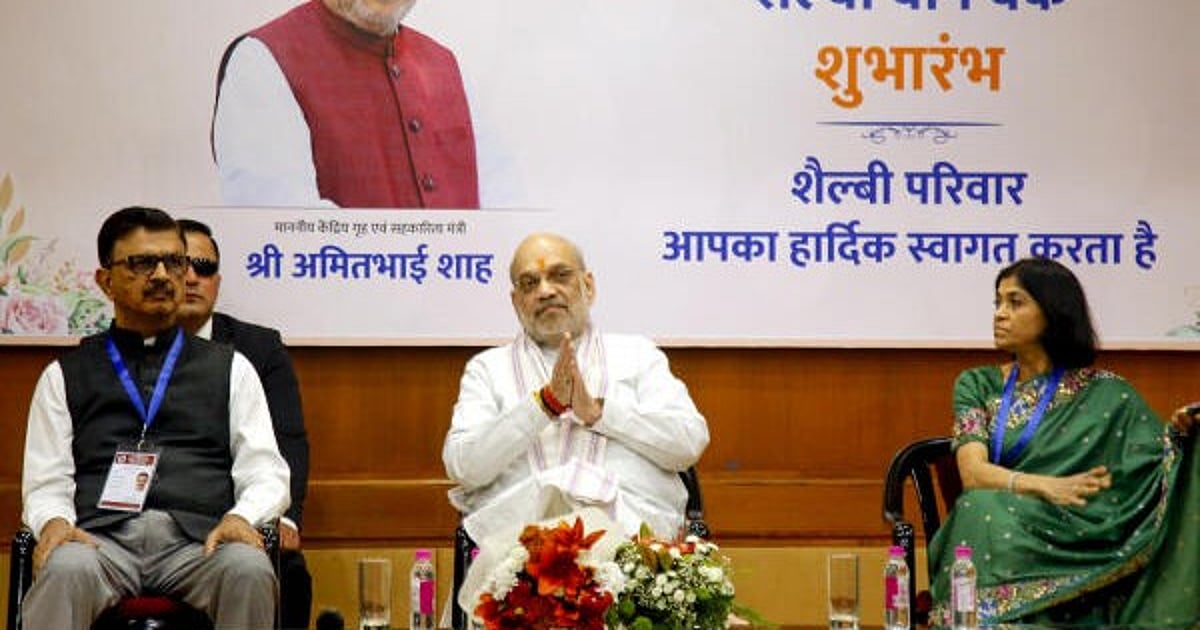 |
|
Amit Shah's recent statement regarding the improved security situation surrounding Krishna Janmashtami processions in Kashmir highlights a significant shift in the region's socio-political landscape. His assertion that 'No one dares to do mischief' suggests a considerable reduction in the level of unrest and violence previously associated with such large-scale religious events. This perceived improvement, if accurate, represents a potential turning point in the long-standing conflict in Kashmir and could indicate a growing sense of security and normalcy for the Hindu community in the region. However, the statement itself should be approached with critical analysis, considering the potential for political maneuvering and the need for independent verification of the claimed security improvements. A thorough examination of crime statistics related to religious processions in the region, both before and after the period referenced by Shah, is crucial to accurately assess the validity of his claim.
The context of Shah's statement is equally important. Delivered alongside the inauguration and foundation-laying ceremonies for numerous projects in Gujarat, the remarks about Kashmir seem strategically placed to highlight the contrasting narratives of peace and development. This juxtaposition may be intended to underscore the achievements of the current government, associating improved security in Kashmir with economic progress in other parts of the country. Analyzing the specific projects inaugurated and their intended impact on the local communities in Gujarat could provide further insights into the government's broader agenda. The simultaneous announcement of these geographically disparate events raises questions about the underlying political messaging and target audience.
The long-term implications of Shah's statement, however, remain uncertain. While a decreased level of violence during religious processions is undeniably positive, it is crucial to avoid premature conclusions about a lasting resolution to the underlying conflicts in Kashmir. Deep-seated political and social tensions persist, and the current security situation may be a temporary phenomenon rather than a permanent change. Continuous monitoring of the region's political climate, coupled with comprehensive assessments of the security measures implemented, is necessary to accurately evaluate the sustainability of the perceived improvements. The statement should be viewed within the larger context of ongoing geopolitical developments in the region and the broader political landscape of India.
Furthermore, the statement by Shah warrants a comparative analysis with previous years' Janmashtami celebrations in Kashmir. Examining reports and data from those events would provide a baseline for comparison, enabling a more accurate assessment of whether there has been a genuine and sustained reduction in instances of mischief or violence. This analysis should consider various factors, including the number of participants, security deployments, and any reported incidents during the processions. A detailed examination of these factors would allow for a more nuanced understanding of the actual changes in security and their significance.
In conclusion, while Shah's statement indicates a potentially significant development in the security of Krishna Janmashtami processions in Kashmir, further investigation is required to verify the extent and sustainability of this claimed improvement. The concurrent announcement of infrastructure projects in Gujarat suggests a carefully constructed political narrative. A thorough examination of data and context is needed to avoid overinterpreting this single statement and to develop a more comprehensive understanding of the evolving situation in both Kashmir and Gujarat.
Source: No one dares to do mischief during Krishna Janmashtami procession in Kashmir now: Amit Shah
